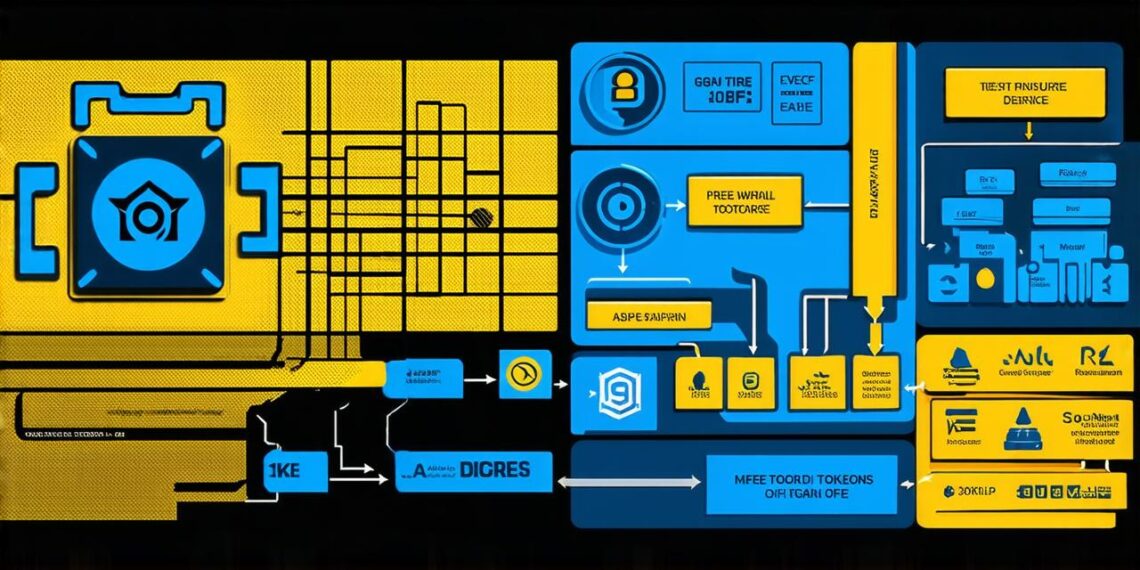Are you interested in game development but feeling a bit overwhelmed by the technical aspects of it? Don’t worry, you’re not alone. One of the most important components of game development is the engine, but what exactly is it and how does it work? In this article, we’ll explore the basics of game engines and their role in creating immersive and engaging games.
What is a Game Engine?
A game engine is a set of software tools that provide developers with the framework necessary to create video games. It includes everything from graphics rendering to physics simulation, allowing developers to focus on creating content rather than worrying about the underlying technical details.
There are many different types of game engines available, each with its own strengths and weaknesses. Some popular examples include Unity, Unreal Engine, and CryEngine. These engines are designed to be flexible and scalable, allowing developers to create games for a wide range of platforms and devices.
How do Game Engines Work?
At a high level, game engines work by providing a set of software components that interact with each other in order to create a functional game. These components can include things like graphics rendering, physics simulation, animation, and user input handling.
When a developer creates a new game using a game engine, they start by defining the rules and logic for their game. This is typically done using a visual scripting language or a programming language like C++ or C. Once the rules are defined, the game engine takes care of the rest, providing the necessary software components to bring the game to life.
Benefits of Game Engines
There are many benefits to using game engines in game development. Some of the most important include:
- Reduced development time: Game engines provide developers with a set of pre-built software components that can be used to create games quickly and efficiently. This can save developers a significant amount of time compared to building everything from scratch.
- Improved performance: Game engines are optimized for game development, allowing them to provide better performance than general-purpose programming languages or tools. This can result in faster load times, smoother gameplay, and other improvements.
- Easier cross-platform development: Many game engines support multiple platforms and devices out of the box, making it easier for developers to create games that run on a wide range of hardware.
- Greater flexibility: Game engines are designed to be flexible and scalable, allowing developers to add or remove features as needed. This can make it easier to adapt games to different audiences or platforms.

Real-World Examples
Minecraft: Minecraft is a popular sandbox game that was created using the Unity game engine. It has sold over 200 million copies and has a large, active community of players.
Fortnite: Fortnite is an online multiplayer game that was created using the Unreal Engine. It has over 200 million players and is known for its fast-paced gameplay and frequent updates.
The Witcher 3: The Witcher 3 is an open-world adventure game that was created using the Unreal Engine. It received critical acclaim for its stunning graphics and immersive world.
FAQs
Q: What is a game engine?
A: A game engine is a set of software tools that provide developers with the framework necessary to create video games.
Q: How do game engines work?
A: Game engines work by providing a set of software components that interact with each other in order to create a functional game.





